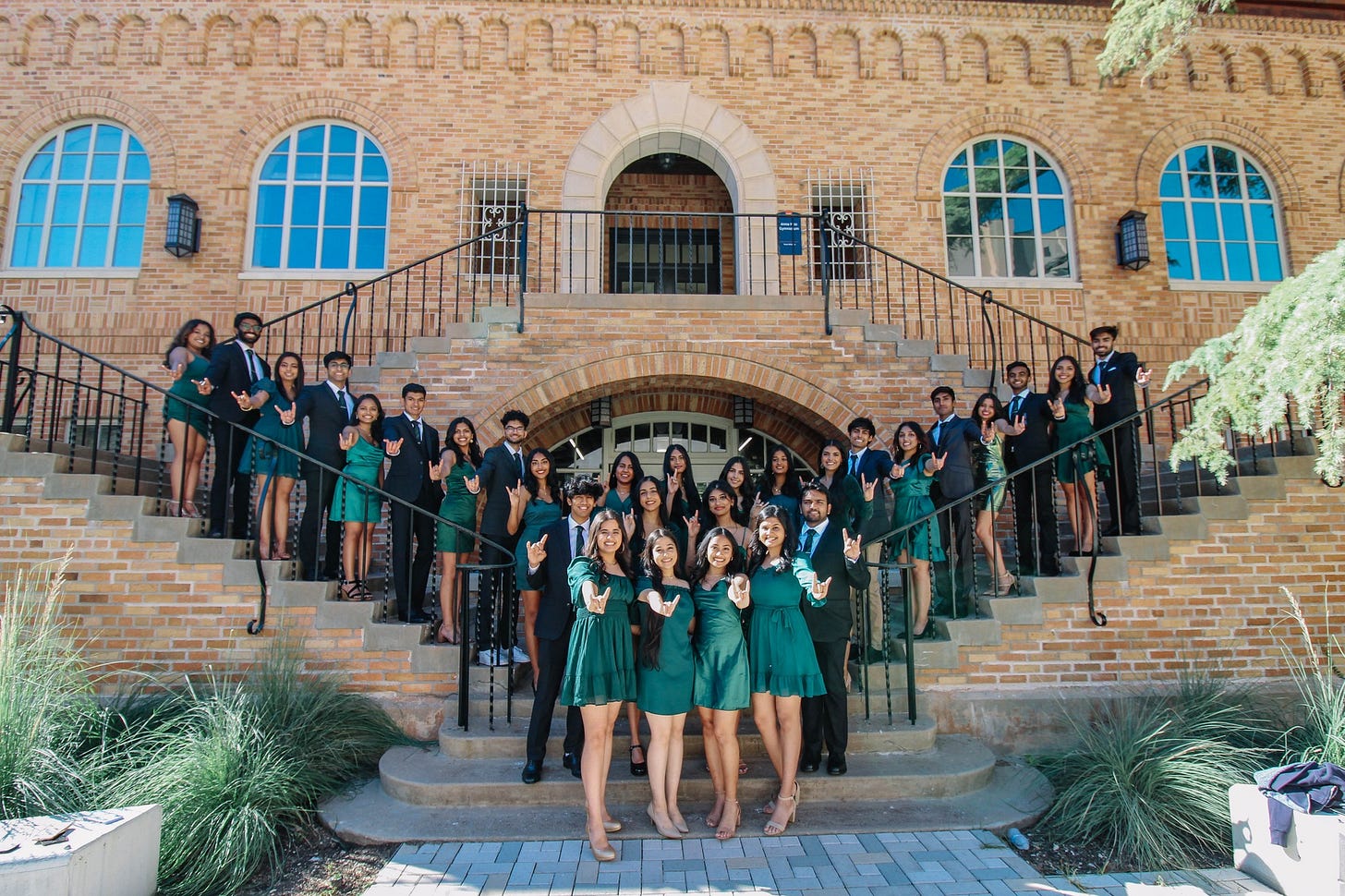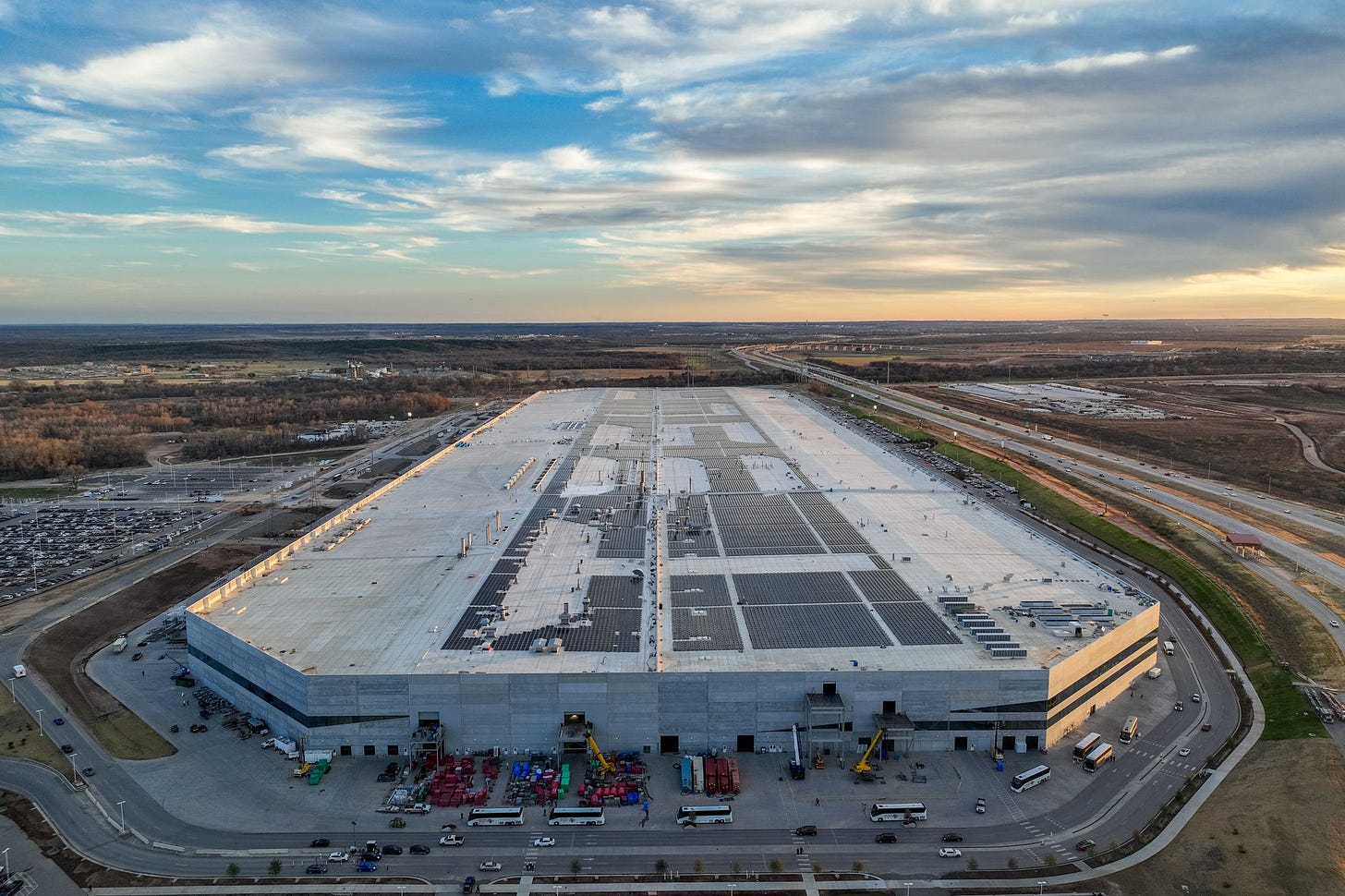Texas Taxes Least—Taxed Most, Acts More.
29th December, 1845: Its Journey from Mexico via an Independent Republic to the 28th State of the USA—till the present.
Texas: A Republic Ceases, a State is Born
On December 29, 1845, exactly 178 years ago, Texas was admitted to the Union as the 28th State of the United States of America. Still proudly displaying its unique Lone Star flag alongside the Stars and Stripes of the US national flag, Texas's journey from a distant Mexican territory through its brief 9-year period as an independent republic represents a unique narrative of sovereignty and self-determination. Today, as the second-largest state in the U.S., Texas is notable for its 600 km coastline along the Gulf of Mexico and an expansive 2000 km open land border with Mexico, posing significant challenges from a border security perspective.
Vulnerability and Immigration Challenges
Texas's extensive land border, generally thinly populated and poorly policed, have made it particularly susceptible to an unabating wave of illegal immigration. Federal laws dictate that individuals having once reached the U.S. soil cannot be deported without due process, including asylum seekers. This policy has made Texas a focal point for significant illegal immigration debates, impacting its social and economic landscape.
Texas' Bold Legal Strides in Immigration Control
A State's Response to Federal Inaction
Traditionally, immigration enforcement within the United States has been a federal prerogative. Once an individual steps onto U.S. soil, they are typically subject to federal, not state, jurisdiction, especially in matters of arrest and deportation. This framework has meant that local and state law enforcement agencies have limited roles in directly addressing immigration violations, focusing instead on crimes within their jurisdiction. The federal process, especially for asylum seekers, involves a complex legal procedure, often leading to lengthy stays and uncertain outcomes.
Texas' Unprecedented Move
In a significant departure from this traditional approach, the Texas government, led by Governor Greg Abbott and supported by the state congress, recently enacted legislation known as SB4. This law represents a bold and contentious step by allowing state and local law enforcement to arrest and detain individuals for crossing the Texas-Mexico border illegally, a clear shift towards more active state-level immigration enforcement. The law classifies unauthorized border crossing as a Class B misdemeanor, with the possibility of escalating to a second-degree felony for repeat offenses. Additionally, it outlines specific areas, such as schools and hospitals, where arrests are prohibited.
Legal and Diplomatic Firestorm
SB4 has ignited a firestorm of legal and diplomatic challenges. Critics argue that the law infringes on federal authority and violates the U.S. Constitution's Supremacy Clause, leading to lawsuits spearheaded by organizations like the ACLU. Concerns over racial profiling, the humanitarian impact on families, and the law's overall constitutional validity have made it a cauldron of national debate. Even as it's set to take effect in early 2024, the law has already created a climate of apprehension and urgency among immigrant communities, ironically spurring a surge in border crossings as individuals rush to enter before the deadline of the law's enforcement.
Mexico's Stance and Broader Implications
The international response has been equally pointed, with Mexican President Andrés Manuel López Obrador condemning the law as inhumane and announcing plans to challenge it. The law's implications extend beyond legal debates, affecting U.S.-Mexico relations and setting a precedent for how states might attempt to manage immigration issues amidst federal gridlock.
As SB4 approaches its enactment, the nation watches closely. The outcomes of this legal battle could redefine the balance of immigration enforcement between State and Federal governments, impacting thousands of lives and setting a precedent for future legislation across the United States.
Navigating a Fractured Immigration Landscape
U.S. Immigration: A Pivotal Moment with Texas's New Law
The American immigration system, often critiqued as deeply flawed, presents a stark dichotomy: meritorious and talented individuals grapple with formidable barriers to legal entry, while others navigate perilous paths or system loopholes to enter the U.S. This disparity underscores significant inefficiencies and fuels the debate on immigration reform. Texas's recent immigration law, challenging the traditional balance of power between State and Federal governments, stands as a potential turning point. As it moves towards potential review by the United States Supreme Court, the law, known as SB4, may significantly alter the immigration and border control landscape, questioning long-standing jurisdictional boundaries and setting a precedent in a deeply divided field.
Texas: From Historical Milestones to Modern Innovations
Cultural and Historical Associations
In India, Texas is often envisioned through the lens of its significant historical and cultural markers - as home to NASA's headquarters in Houston, and Dallas, where President Kennedy was tragically assassinated on November 22, 1963. The iconic image of cowboys donning broad Texan hats also resonates, symbolizing the adventurous and rugged spirit of the state, close to our hearts as school kids.
Economic Growth and Technological Prowess
Oil has historically fueled Texas's prosperity, cementing its status as one of the few U.S. states without a state income tax. Recently, the state has seen a technological renaissance, evolving into a hub comparable to Silicon Valley. Cities such as Austin and San Antonio are burgeoning as centers of innovation, driven by institutions like the University of Texas at Austin. The arrival of tech giants, particularly Elon Musk and his Tesla Gigafactory, underscores Texas's growing role as a focus for investment and internal migration. Musk famously remarked that while his Gigafactory was quickly constructed in Texas, officials in California would still be pondering over the building plans submitted by them, highlighting Texas's investor-friendly environment and proactive "just-do-it" spirit.
Lifestyle and Cultural Identity
Our Honorary Tech Advisor, Bilawal Sidhu's move from San Francisco to Austin amid the pandemic echoes a broader trend of young techies seeking out Texas's expansive and cost-effective living spaces. The state's unique culture, characterized by a strong affinity for guns and a firm stance against marijuana, continues to attract a diverse populace. As Texas commemorates 178 years since its accession to the United States on December 29, 1845, we reflect on the distinct identity of Texans. When asked to describe the quintessential Texan spirit, Bilawal Sidhu metaphorically compared it to "a Punjabi Jat in relation to an average Indian" - encapsulating the blend of boldness, resilience, and pride that defines both communities.
"Astra inclinant, sed non obligant": A Legacy Continued
As we reflect on the pivotal day in 1845 when Texas joined the Union as the 28th state, its evolution from an independent republic to a bastion of innovation and cultural distinction underscores the enduring spirit and dynamic legacy of the Lone Star State. While Texans honor the significance of December 29th, more vibrant public festivities are reserved for March 2nd, celebrating the day in 1836 when Texas declared its independence from Mexico to become a sovereign republic. This date resonates deeply, symbolizing the state's enduring spirit of freedom and individuality, as Texans continue to aim for the stars, both literally and metaphorically, in their relentless pursuit of progress and innovation.











Sir.
Excellent historical and current overview of great state of Texas. Immigration system is broken and needs an overhaul . It is a very divisive issue, Congress has been working on reforms/new legislation for decades without much success.
If you permit , like to add ALAMO, a significant part of history and folklore of Texas. I am sure you must have visited it while in Austin to see Bilawal . This had its parallel with the same outcome and message , the battle between Spartans and Persians in 480 BC at Thermopylae.
Ps. We all have our own Spartans in our lives who sacrificed their present so that we can have better future. I have had the privilege of visiting ALAMO and Thermopylae to pay tribute to my Spartans.”